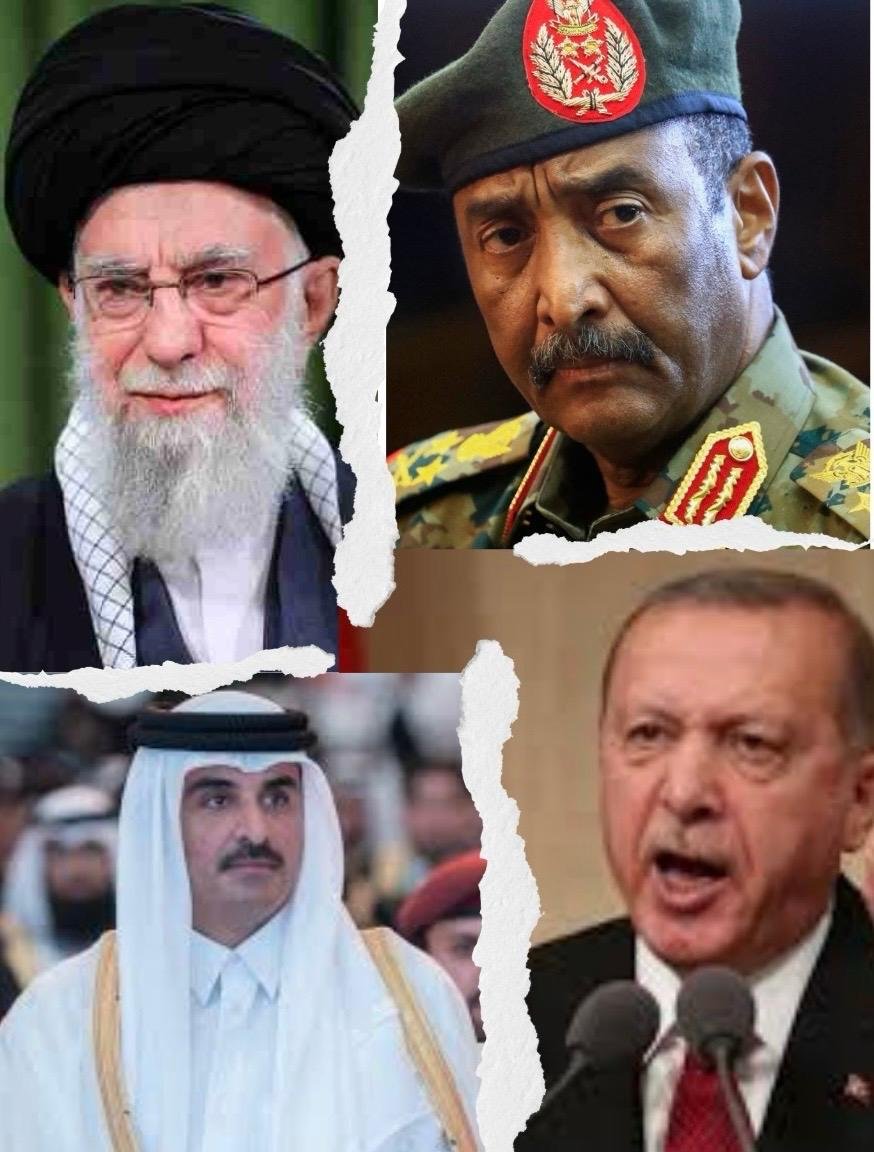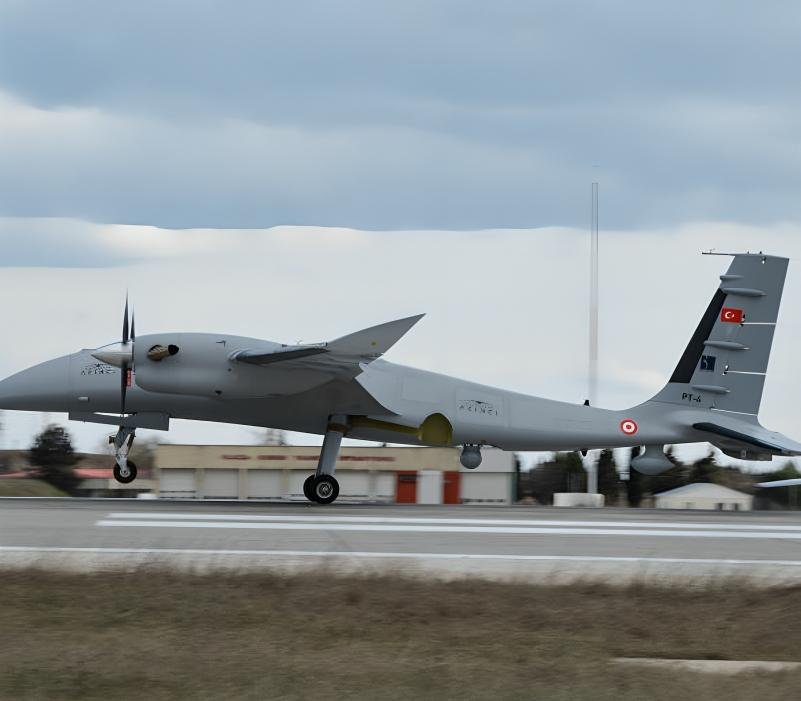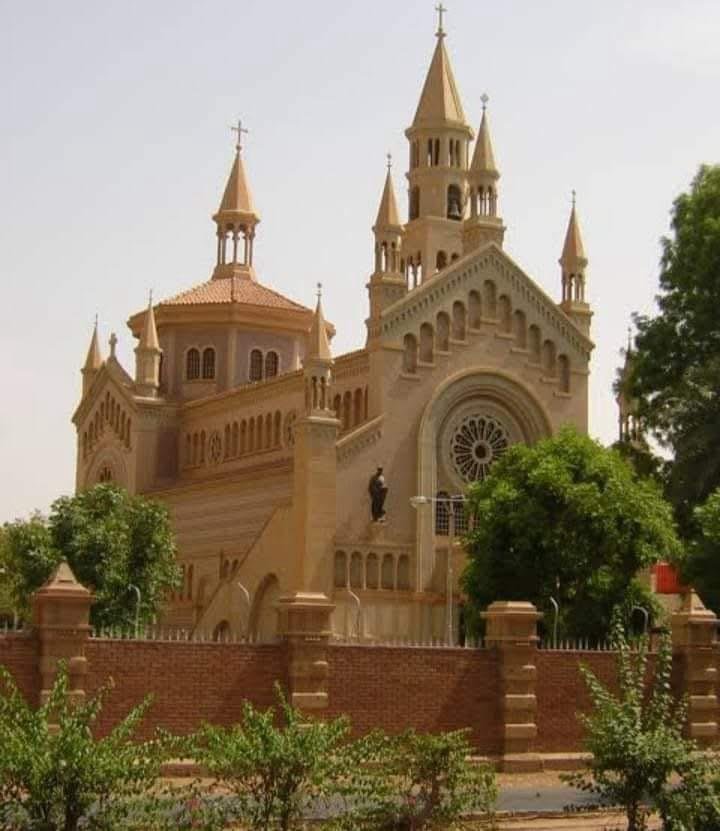Report: SPT – Nairobi
Foreign interventions continue to shape the raging war in Sudan between the army and the Rapid Support Forces (RSF) since April 15, 2023, prolonging the conflict and deepening the humanitarian catastrophe it has produced described by the United Nations as the largest in the world.
Information from well-informed Sudanese military and security sources indicates that Iran is not limiting its involvement to military support, but is also participating in the war through military experts affiliated with the Islamic Revolutionary Guard Corps (IRGC). These experts are reportedly based in Port Sudan on the Red Sea, which the army has adopted as the seat of the government it formed in mid-May. From there, they move to Omdurman and other operational zones, while a number of them are currently stationed in El-Obeid in North Kordofan State.
Notably, Qatar’s name has surfaced among the countries accused of military involvement and support for a military solution to the conflict. While Qatar has long been known for its significant political and financial backing of the Sudanese army, which aligns with Islamist orientations and operates under their influence, this marks the first confirmed instance of Qatar’s direct military support through arms supplies in the ongoing war.
At the same time, Turkish-made Bayraktar drones, supplied by Ankara to the Sudanese army, have recently played an increasingly active role in military operations, particularly in Kordofan and Darfur in western Sudan , while Iranian military support remains the most extensive, encompassing not only Ababil-3 and Mohajer-6 drones, but also missiles, weapons, and ammunition.
Turkey: Direct Military Support and Gulf Funding
Turkey, which serves as the headquarters of the International Organization of the Muslim Brotherhood, does not hide its support for the Sudanese army, whose leadership is dominated by the Sudanese Islamic Movement – the Brotherhood’s local branch. Istanbul also hosts prominent leaders of the Sudanese Brotherhood who oversee political, media, and financial support operations for the war in Sudan.
According to a military source in Port Sudan, the Sudanese army received between December 2023 and April 2024 several shipments of weapons and military equipment, including eight Bayraktar TB2 drones, ammunition, and thousands of warheads, before the supply resumed in May following the downing of several drones by RSF air defenses – according to the same source.
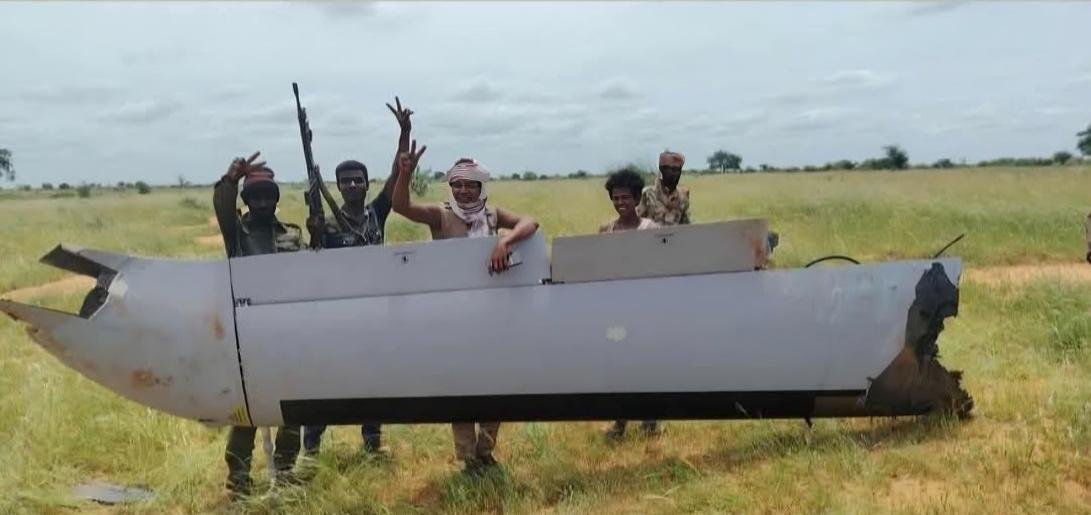
The source added:
“ Since May until today, Port Sudan has received massive Turkish military shipments, including ammunition and radar systems, as well as six Bayraktar Akinci drones. The deal was financed by a Gulf state,”
while declining to reveal the name of that state.
Turkish Bayraktar drones have caused major humanitarian disasters and a sharp rise in civilian casualties, as the Sudanese army frequently uses them to target cities in Darfur. The most recent attack, two days ago, saw a Bayraktar drone strike civilian markets in the areas of Zurq and Sarf Omra in North Darfur State, killing and injuring dozens, according to residents who spoke to SPT.
Iran: Weapons, Experts, and Strategic Ambitions
Iran provides open military support to the Sudanese army that includes various types of heavy and light weapons, anti-tank missiles, and combat drones, in addition to training, intelligence sharing, and airfield construction.
Tehran is exploiting the security vacuum and instability left by the war to expand its influence in Sudan, particularly along the Red Sea coast, which stretches for about 853 kilometers.
On Sunday, October 19, a shipment of Iranian weapons arrived in Sudan aboard a plane operated by Fars Air Qeshm, an airline owned by the Islamic Revolutionary Guard Corps (IRGC).
The IRGC – a transnational paramilitary force under Iran’s theocratic regime , spearheads Tehran’s regional influence by training and arming its allies across the Middle East, including Hamas, Hezbollah, the Houthis, and Iraqi militias.
According to a Sudanese security source who spoke to SPT from the city of Atbara in River Nile State, the Iranian aircraft landed at Port Sudan airport before noon. It was a Boeing 747 bearing the registration EP-FAB, arriving from Tehran.
Iran had previously used the same aircraft several times last year to transport weapons shipments from Tehran and Bandar Abbas to Sudan.
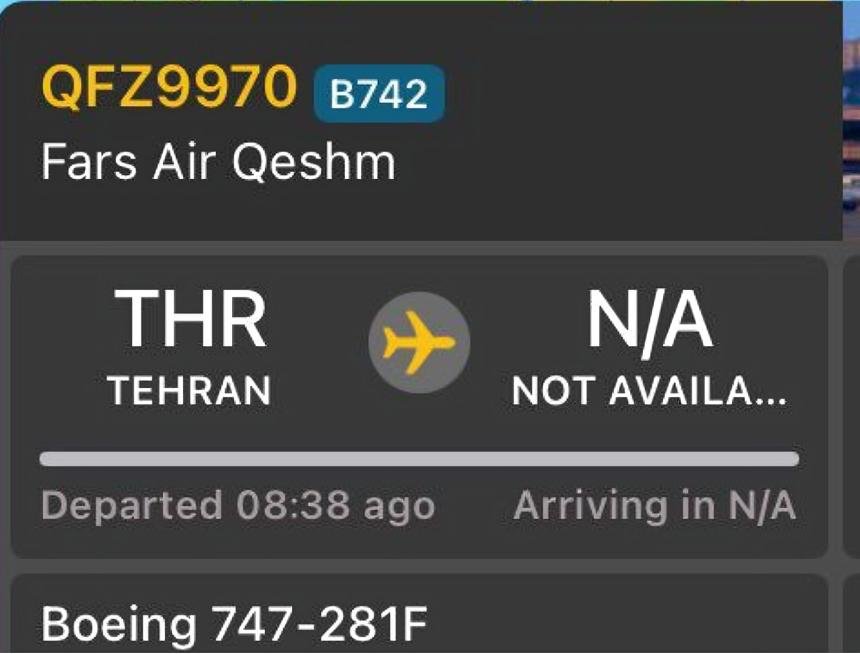
Data from FlightRadar24 indicated that the plane departed Tehran en route to an unspecified destination in East Africa, consistent with IRGC aircraft behavior aimed at concealing their movements.
An airport employee in Port Sudan confirmed to SPT that the plane landed there yesterday.
The security source stated that the shipment contained various military equipment and drones, adding that it also included “Qaem” smart bombs, which had been previously requested by Al-Baraa Bin Malik Battalion from Iran.
Military analyst Awad Abdel Rahim told SPT:
“The Red Sea has become a central pillar of Tehran’s strategy linking its Houthi allies with Port Sudan and expanding what it calls a ‘new resistance front’ that Iran seeks to establish along the Red Sea.”
He added:
“Iran has two main objectives: first, to secure a share of Sudan’s uranium reserves to bolster its military nuclear program currently in the exploration phase in the Red Sea highlands , and second, to integrate Sudan into the so-called Resistance Axis.”
Qatar: From Indirect Support to Military Involvement
Qatar, long known for supporting and sponsoring radical Islamist movements stretching from Kabul to Gaza, Port Sudan, and across the African Sahel, had previously refrained from direct involvement in the Sudanese conflict. During most of the war, Doha’s role was limited to financial, political, and media support for the Sudanese Islamic Movement, and hosting its cells that back the war effort. However, last month marked a significant shift in this role.
On October 7, the Sudanese army carried out an airdrop operation to resupply the 6th Infantry Division in El-Fasher, North Darfur , besieged by RSF forces for over a year. The mission failed, and the weapons fell into RSF hands.
Photos, parcels, and documents reviewed by SPT, and verified by its correspondent in Nyala, revealed a large cache of weapons, ammunition, and small suicide drones sourced from Qatar, China, and Iran, along with 81/82 mm mortar shells manufactured in Serbia, believed to have been imported via a third-party military intermediary, as well as Egyptian-made medicines.
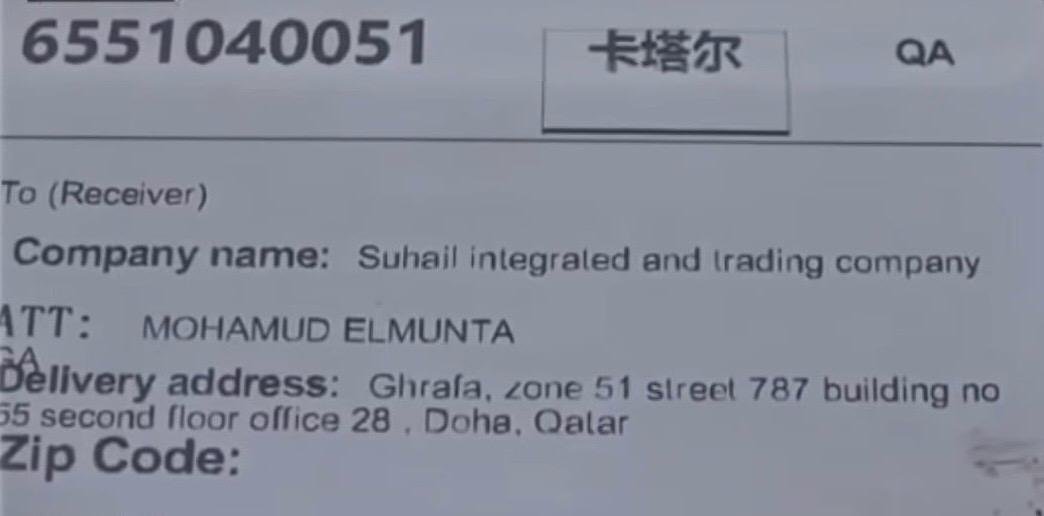
A photo of Chinese-made weapons showed labels indicating that the shipment was imported through Doha for Suhail Integrated & Trading Co., headquartered in Al-Gharafa District, Doha, with the address Street 787, Office 28, Second Floor, Building 55, registered under the name Mohamed Elmunta.
A security expert told SPT that the name and address suggest possible falsification or concealment of the real entity that imported and dispatched the weapons.
An Islamist-affiliated media source residing in Qatar also told SPT that Doha provides substantial political, military, financial, and media support to Islamists in Sudan, noting that Ali Karti, Secretary-General of the Islamic Movement and one of the principal figures managing the war, frequently travels between Sudan and Qatar.
Information emerging from the battlefields points to a dangerous regional entanglement in Sudan’s war, with multiple regional and international actors now directly engaged , signaling the transformation of the conflict from an internal struggle into a proxy war on Sudanese soil, even as the humanitarian disaster deepens and is now described as the worst in the world.

